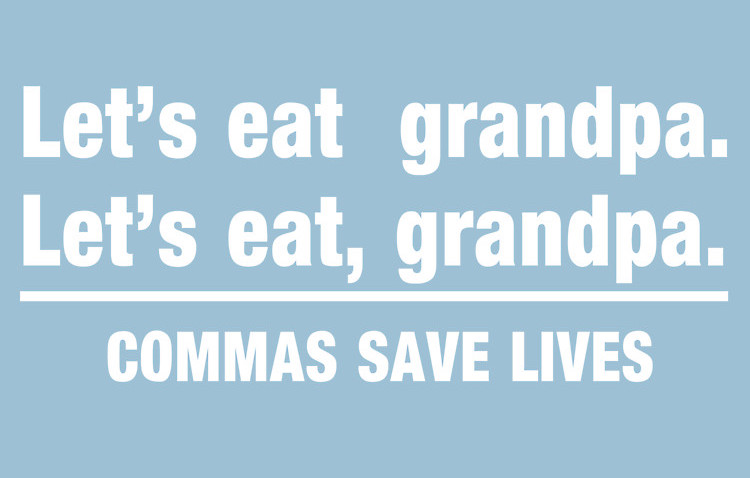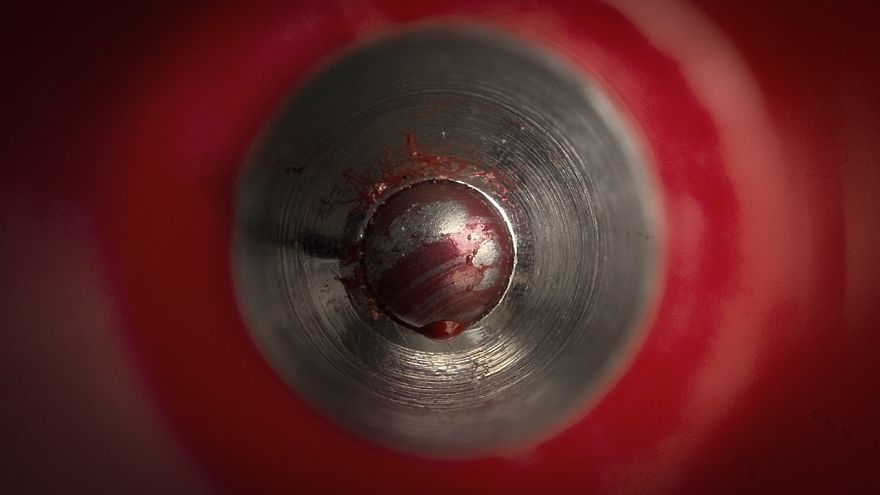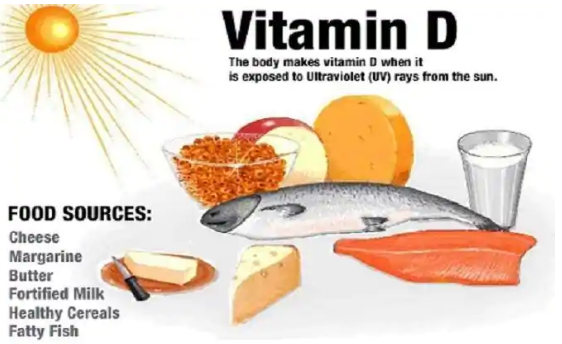Author: Rogue Unicorn
-

Let’s play a game
It’s all about perspective in this day and age….
So let’s play a game.
The following items are ultra close-up pictures of three related items, commonly found in the home and one other place (which I may reveal as a hint, if it seems y’all are going in the wrong direction).
Can you identify the objects?
A.

B.

C.


See Related: QUIZ: Where did THAT happen?
Post your answers in the comments below!
(photos taken by Pyanek)
While you are pondering the items in question, I will offer a great tune for your listening pleasure (totally unrelated to the theme, I just like it 😎 )


















